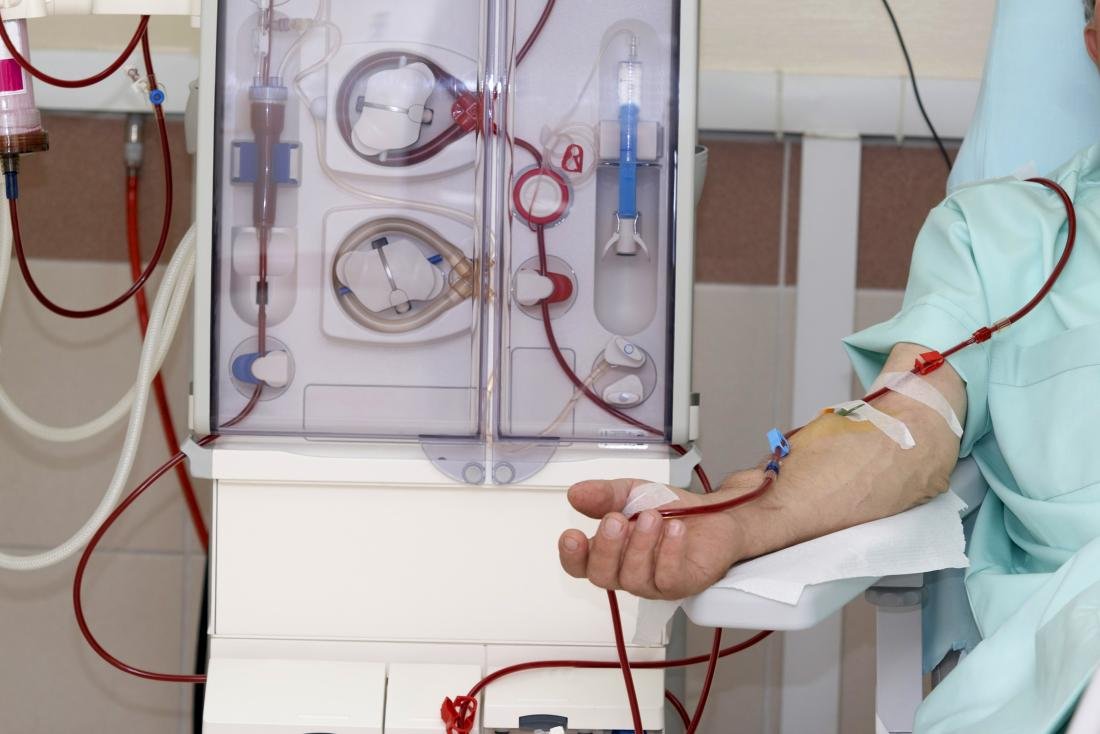Kidney disease and dialysis Department

Welcome to the Kidney Disease and Dialysis Department at Galaxy Hospital
At Galaxy Hospital, our Kidney Disease and Dialysis Department is committed to providing exceptional care to patients suffering from kidney-related ailments. Our specialized team of nephrologists, nurses, and support staff are dedicated to ensuring that every patient receives personalized, comprehensive care. With state-of-the-art technology and a compassionate approach, we strive to improve the quality of life for those affected by kidney disease.
Understanding Kidney Disease
Kidney disease is a serious condition that affects millions of people worldwide. The kidneys play a crucial role in filtering waste and excess fluids from the blood, maintaining a balance of electrolytes, and regulating blood pressure. When the kidneys are damaged or impaired, they lose their ability to perform these vital functions, leading to the buildup of waste products and fluids in the body.
Causes of Kidney Disease:
- Diabetes: High blood sugar levels can damage the blood vessels in the kidneys over time, leading to diabetic nephropathy, a common cause of kidney disease.
- Hypertension: High blood pressure can cause damage to the blood vessels in the kidneys, reducing their ability to function properly.
- Glomerulonephritis: This is an inflammation of the tiny filters in the kidneys (glomeruli), which can lead to chronic kidney disease if not treated effectively.
- Polycystic Kidney Disease (PKD): A genetic disorder characterized by the growth of numerous cysts in the kidneys, leading to kidney failure over time.
- Infections and Obstructions: Repeated kidney infections or blockages, such as kidney stones, can cause damage to the kidneys.
- Autoimmune Diseases: Conditions like lupus can affect multiple organs, including the kidneys, leading to chronic kidney disease.
Symptoms of Kidney Disease:
Kidney disease is often referred to as a “silent” condition because symptoms may not appear until the disease has progressed significantly. However, some common symptoms include:
- Fatigue and weakness
- Swelling in the legs, ankles, feet, or hands due to fluid retention
- Shortness of breath
- Nausea and vomiting
- Persistent itching
- Changes in urination patterns, such as increased frequency, dark-colored urine, or difficulty urinating
- High blood pressure
- Muscle cramps, particularly in the legs
If you experience any of these symptoms, it is essential to seek medical advice promptly, as early detection can help manage the condition more effectively.
Treatment Options
At Galaxy Hospital, we offer a comprehensive range of treatments tailored to the specific needs of each patient. Our approach focuses on slowing the progression of kidney disease, managing symptoms, and enhancing the patient’s quality of life.
- Medications:
- ACE Inhibitors and ARBs: These medications help control blood pressure and reduce the progression of kidney disease.
- Diuretics: Used to reduce fluid retention and swelling.
- Erythropoietin: To treat anemia, a common complication of kidney disease.
- Phosphate Binders: To manage high phosphate levels in the blood, which can occur with kidney disease.
- Dietary Management:
- Our dietitians work closely with patients to develop personalized dietary plans that help manage kidney disease. This often includes reducing salt intake, limiting protein consumption, and managing potassium and phosphorus levels.
- Dialysis:
- For patients with advanced kidney disease, dialysis becomes a critical treatment. We offer both hemodialysis and peritoneal dialysis options. Hemodialysis involves filtering the blood using a machine, while peritoneal dialysis uses the lining of the abdomen to filter blood inside the body. Our dialysis unit is equipped with the latest technology, ensuring the highest standards of care.
- Kidney Transplantation:
- For suitable candidates, kidney transplantation offers the best chance for a better quality of life. Our transplant team provides comprehensive care, from pre-transplant evaluation to post-transplant follow-up.
- Supportive Care:
- In addition to medical treatments, we provide psychological support and counseling for patients and their families. Living with kidney disease can be challenging, and our team is here to help navigate these difficulties.
Frequently Asked Questions (FAQs)
- What are the early signs of kidney disease?
Early signs of kidney disease can include fatigue, difficulty concentrating, poor appetite, trouble sleeping, muscle cramping, swelling in the feet and ankles, and puffiness around the eyes. However, many people do not experience noticeable symptoms until the disease is more advanced.
- How is kidney disease diagnosed?
Kidney disease is diagnosed through a combination of blood tests, urine tests, and imaging studies. The most common tests include measuring the level of creatinine in the blood, which helps estimate the glomerular filtration rate (GFR), and testing for protein in the urine.
- What can I do to prevent kidney disease?
Preventing kidney disease involves managing risk factors such as controlling blood sugar levels if you have diabetes, maintaining healthy blood pressure, eating a balanced diet low in salt and saturated fats, staying hydrated, and avoiding overuse of medications that can harm the kidneys, like NSAIDs.

